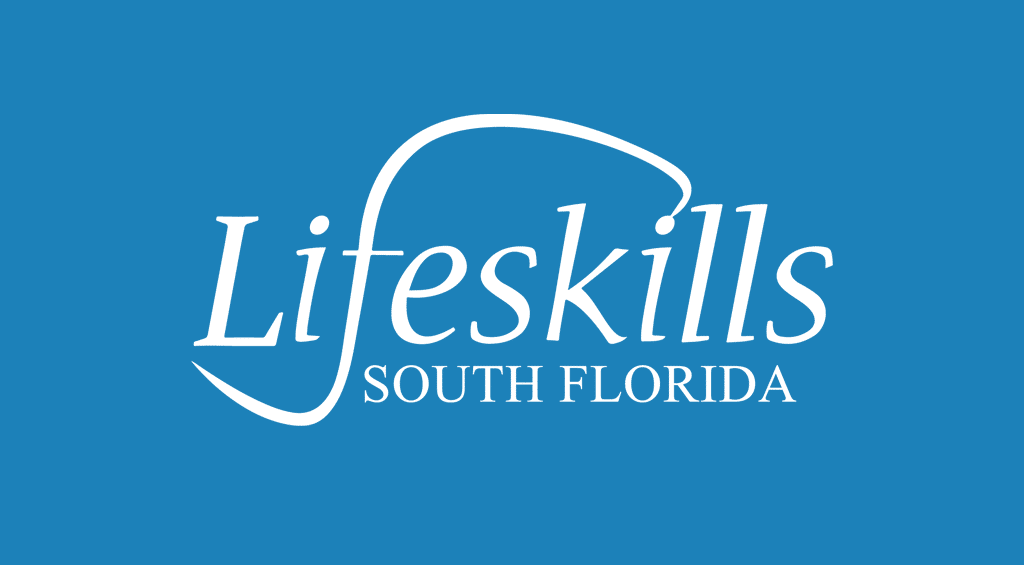
Dual diagnosis is a medical term that describes an individual that is actively battling both a substance abuse disorder as well as a co-occurring mental or behavioral health disorder. According to the Substance Abuse and Mental Health Services Administration (SAMHSA), between 7 and 9 million people struggle with both mental disorders and substance abuse during any given year. In fact, more than 50% of individuals that have an addiction to drugs and alcohol also suffer from disorders that often include depression and other mood disorders, anxiety, personality disorders, and trauma.
Individuals struggling with co-occurring disorders are high-risk patients and are extremely difficult to treat. The primary goal of the treatment center’s clinical staff is to determine which disorder the patient developed first; the addiction or the mental disorder. Many mental health and drug rehabilitation centers are not equipped or licensed to treat patients suffering from dual diagnosis. Of those that are, it’s extremely important that you choose the right one to properly address these conditions. Here are things to look for when choosing a dual diagnosis treatment center.
Is the treatment center licensed to treat dual diagnosis?
Unfortunately, many substance abuse and mental health treatment facilities are advertising that they’re a dual diagnosis treatment center when in fact, they’re not. In the end, the patient loses and has spent thousands of dollars on inadequate treatment that fell short of fulfilling their clinical needs. When inquiring about treatment, you should inquire about whether or not the treatment center is licensed to treat dual diagnosis and which companies they hold accreditation with. For the mental health industry, the three main accrediting bodies are the Joint Commission (JCAHO), CARF (Commission on Accreditation of Rehabilitation Facilities) and the Council on Accreditation (COA). Don’t be afraid to reach out to these organizations and inquire about a specific treatment center’s accreditation.
How long is the treatment center’s average length of stay?
Quality dual diagnosis treatment programs are structured at a pace that’s convenient for the patient. The average length of stay for most mental health and addiction rehabilitation centers is 30-40 days. In many cases, that is not long enough to effectively address two separate disorders. Treatment centers that offer a longer length of stay have a much higher success rate at helping their clients reach recovery and stay there. No two cases of dual diagnosis are identical, however, a 90-day rehabilitation stay would be an excellent start.
Does the treatment center offer a full continuum of care?
Patients that receive a full continuum of care have a much better chance at reaching recovery from their disorders and preventing relapse. A full continuum of care is recommended for all patients that have been dually diagnosed. A patient should always receive the highest levels of care in the beginning of their treatment plan. The levels of care a dual diagnosis treatment center should offer are often in this order
- Detoxification
- Residential/inpatient treatment
- Outpatient treatment; partial hospitalization, intensive outpatient programs, day treatment
- Discharge planning and aftercare; transitional living, alumni support groups, family programs, 12 step meetings, recovery coaching.
What types of behavioral therapies does the treatment center offer?
Behavioral intervention or helping improve and alter an individual’s thinking patterns is a key step in breaking the dysfunctional correlation between addiction and mental disorders. Here are some of the most effective behavioral therapies a dual diagnosis treatment center should offer to its clients.
- Individual therapy – Individual therapy is when the client works one on one with a licensed therapist for X amount of hours each week. Individual therapy is typically administered for 1-3 hours each week depending on the individual’s needs and progression.
- Group Therapy – Group therapy has the same elements and goals of individual therapy but in a setting with multiple individuals and sometimes, multiple therapists.
- Cognitive Behavioral Therapy – Cognitive behavioral therapy is a form of psychotherapy that aims to alter and improve an individual’s negative thinking patterns.
- Dialectical Behavior Therapy – Dialectical behavior therapy is a modified form of cognitive behavioral therapy that aims to help an individual regulate their emotions.
If you’re one of the millions of Americans struggling with dual diagnosis, it’s important to be proactive in learning how to live with these disorders. Lifeskills South Florida has been treating individuals struggling with addiction and other co-occurring disorders since 1991. Our treatment programs are geared towards helping our clients achieve the self-awareness, self-reliance and self-monitoring skills needed to live a more independent life after leaving treatment. To learn more about our dual diagnosis treatment programs, please contact us below. We currently offer five clinical tracks and offer treatment in both residential and outpatient settings; addiction, trauma, dialectical behavior therapy, cognitive behavioral therapy, and cognitive remediation. Most major insurance plans are accepted. Clients and their families also have the option to private pay.
Additional Tips for Choosing the Best Dual Diagnosis Treatment Center
Reference:
- Rehabs.com
- RecoveryHub.com




